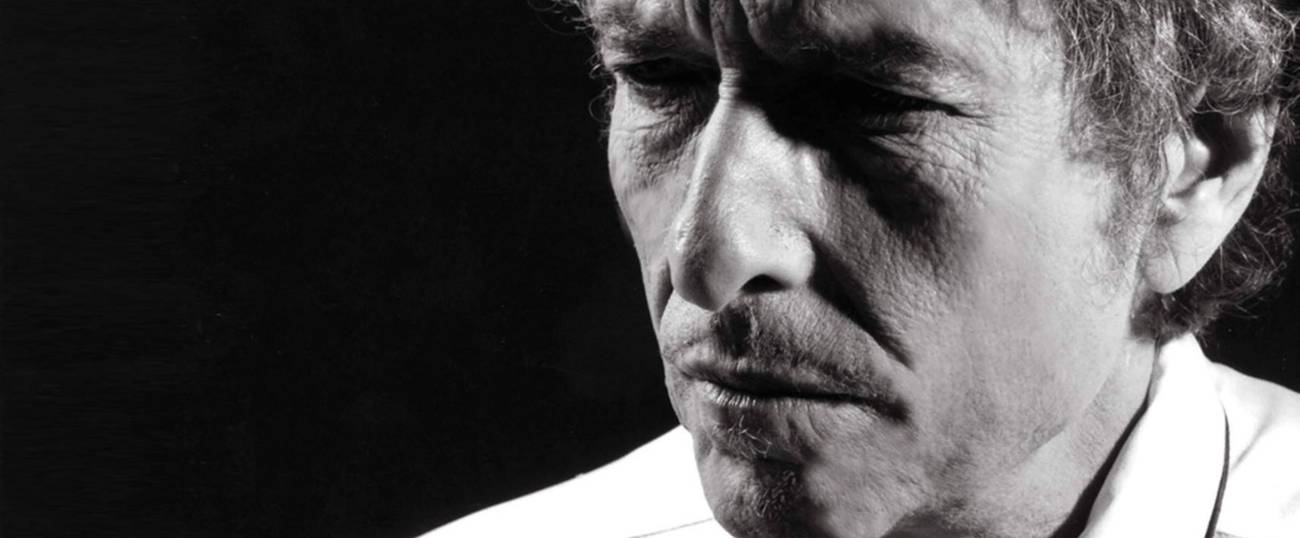In Nobel Prize Lecture, Bob Dylan Tells of His Musical and Literary Influences
Leadbelly’s music (‘changed my life’) and Moby Dick (‘makes demands on you’) have been with Dylan since the beginning of his career




The Nobel Prize committee released today the transcript and audio of Bob Dylan’s acceptance speech for his Nobel Prize in Literature. It does not disappoint.
Dylan is the first musician to have received the Nobel Prize in Literature, a decision that did not come without controversy (but he’s a songwriter not an author, the argument generally goes). As per the rules, Dylan had six months to deliver his lecture from the date the award was given (December 10, 2016), and he got it in in the nick of time, hence: moolah. Dylan, of course, did not actually attend the Nobel Prize ceremony, preferring his privacy (which later took the form of a hoodie, apparently).
So how does a musician—better yet, how does Bob Dylan—reflect on receiving such a specific prize? Well, he talks about his influences and, in the end, adds some personal commentary to the idea of lyrics and song being considered literature.
The full speech can be read here, but I suggest listening to the 27-minute version below, which is Dylan actually reciting his speech to a piano accompaniment (but of course). Throughout the speech, Dylan talks about his influences: Buddy Holly and Leadbelly, Moby Dick, All Quiet on the Western Front, and The Odyssey. But it is perhaps his ending that’s the most arresting, when Dylan talks of the difference between lyrics and song, and the words of a Shakespeare versus its performance. In other words, both instances of writing represent something more than words: It’s about performance.
That’s what songs are too. Our songs are alive in the land of the living. But songs are unlike literature. They’re meant to be sung, not read. The words in Shakespeare’s plays were meant to be acted on the stage. Just as lyrics in songs are meant to be sung, not read on a page. And I hope some of you get the chance to listen to these lyrics the way they were intended to be heard: in concert or on record or however people are listening to songs these days. I return once again to Homer, who says, “Sing in me, oh Muse, and through me tell the story.”
Previous: Bob Dylan Will Receive His Nobel Prize After All, Just in Private
Bob Dylan Remains Mum About His Nobel Prize
Dylan Plays the Hits, But Not His Own
Jonathan Zalman is a writer and teacher based in Brooklyn.